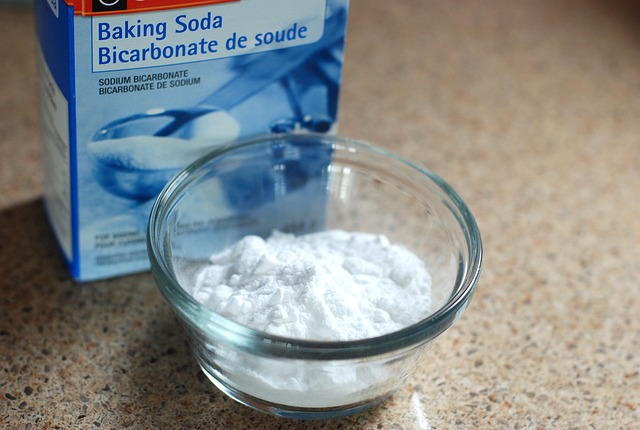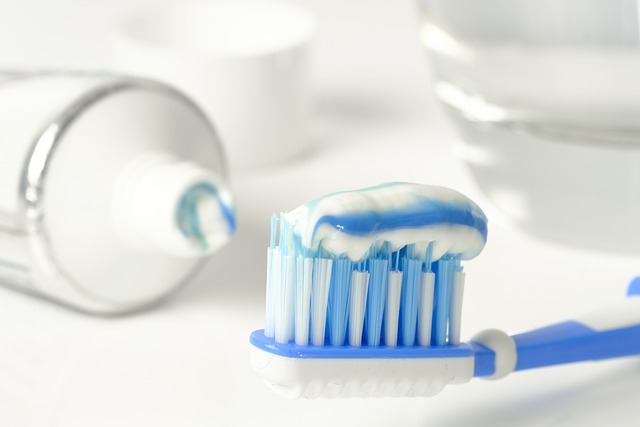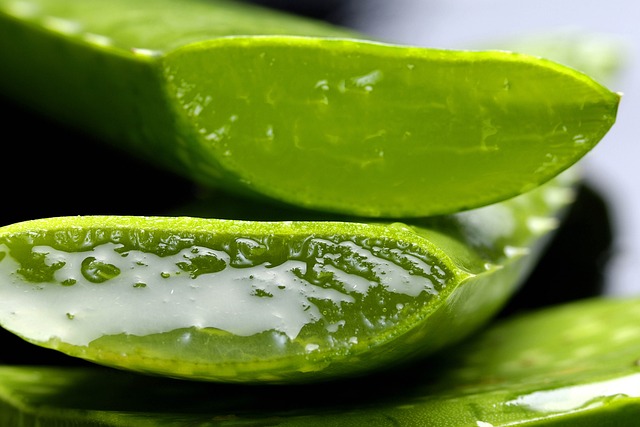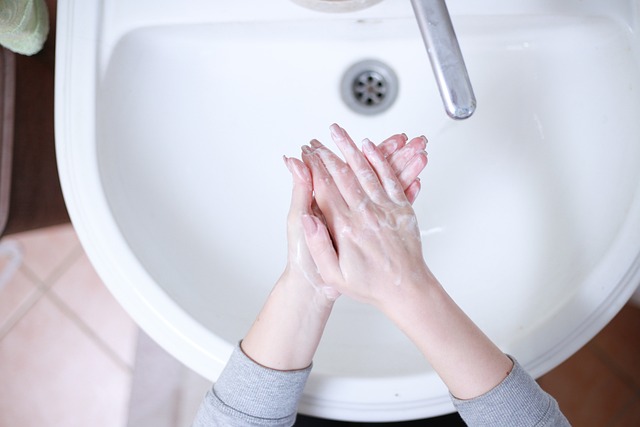
In the heart of Raleigh, North Carolina, where warm summers encourage outdoor outings, the occasional ant bite is not uncommon. These tiny yet mighty insects can leave their mark, causing itching, discomfort, and frustration.
While Raleigh residents may be well-acquainted with these persistent pests, knowing a few home remedies for ant bites can save you from aggravation.
In this blog, we’ll explore a range of home remedies for ant bites. But remember, while knowing how to treat ant bites is valuable, it’s equally essential to prevent ant infestations. As your trusted Raleigh-based pest control company, we’re here to protect your home from pests!
Why Do Ants Bite?
Ants, though intriguing in their own right, are not known for their friendly disposition. Many ant species can deliver painful bites, and the intensity of their injuries can vary quite a bit.
Take fire ants and bullet ants, for example. They’re notorious for their painful stings, often confused with bites as they inject venom when sinking their mandibles into you. This venomous sting is responsible for the immediate burning sensation and sometimes even the formation of pus-filled blisters. These little critters mean business when they bite!
On the other hand, ants like carpenter ants have a different approach, attacking when threatened or disturbed. With their strong mandibles, these pests can quickly latch onto your skin and leave behind a small but painful wound.
Ants bite for various reasons, primarily dictated by their species and situations. Ants are fiercely protective of their colonies, and when they sense danger, they’re not shy about sinking their mandibles into anything they perceive as a threat.
Some ants are predators, using their powerful mandibles to capture and immobilize prey as an essential part of their hunting strategy. Others engage in territorial disputes, and biting is just one of their tools to establish dominance against rival colonies.
Home Remedies for Ant Bites
Ant bites can be pretty bothersome, causing itching, pain, and swelling. While they’re usually not a severe medical concern, you should promptly address insect bites or stings.
Here are some initial steps and essential remedies to alleviate the discomfort.
Initial Care
When you notice an ant bite, gently wash the affected area with soap and lukewarm water to remove dirt, bacteria, or residual venom. Apply a cold compress or ice wrapped in a thin cloth to help reduce swelling and soothe the pain. Place it on the bite for 10-15 minutes at a time.
If the ant bite is on a limb, elevating it can help reduce swelling by promoting better blood flow.
Non-prescription pain relievers like ibuprofen or acetaminophen can help manage pain and inflammation. Follow the recommended dosage instructions on the label, and contact a doctor if you experience more severe symptoms.
Household Remedies
You can also use everyday items like baking soda and toothpaste as other home remedies for ant bites to ease the discomfort.

Baking Soda Paste: Create a paste with a small amount of baking soda and a few drops of water. Gently apply the mixture to the ant bite. Baking soda has alkaline properties that can help neutralize the venom and may provide relief from itching.
Toothpaste: Another readily available option is plain, non-gel toothpaste. Applying a small dab of toothpaste to the ant bite is often effective. Many toothpaste varieties contain ingredients like baking soda and menthol, which can impart a cooling and soothing sensation to the affected area, reducing pain and itching.
Natural Remedies
Consider these options if you prefer natural home remedies for ant bites or don’t have access to over-the-counter products.

Aloe vera is celebrated for its natural soothing properties. Applying pure aloe vera gel to the ant bite can effectively reduce itching and inflammation. The cool, gel-like substance not only provides relief but can also help promote the healing process.
Honey also has natural antibacterial and anti-inflammatory properties. When applied in a small amount to the ant bite, it can assist in healing the affected area and even reduce the risk of infection. Its sticky consistency also helps create a protective barrier over the bite.
A time-tested remedy, calamine lotion can relieve itching and irritation. Applying a thin layer of calamine lotion to the affected area and allowing it to dry can provide substantial relief.
An oatmeal bath can offer respite if you are dealing with multiple ant bites or widespread itching. To create an oatmeal bath, add colloidal oatmeal (available at most drugstores) to a lukewarm bath and soak for about 15-20 minutes. The oatmeal helps soothe irritated skin and provides relief from itching.
Specific essential oils, such as lavender or tea tree oil, are more home remedies for ant bites that can offer relief when appropriately diluted in carrier oils like coconut or olive oil. These oils have soothing properties that can alleviate the discomfort of ant bites. Nevertheless, it’s crucial to exercise caution, as essential oils may cause sensitivity or allergic reactions in some individuals.
Consider applying cool cucumber slices to the ant bite for a quick and natural remedy. Cucumbers have a natural cooling effect on the skin, which can help soothe itching and reduce inflammation.
Further Care
Home remedies for ant bites can help reduce initial symptoms, but continued care is vital to avoid complications and speed up recovery. Scratching can cause further skin damage and infection, so resist the urge to fix the itch.

Remember to keep the bite clean by washing it daily with soap and water and gently patting it dry. Plus, if any of these home remedies for ant bites help, continue using them until the symptoms subside. Monitor for signs of infection, such as increasing redness, warmth, swelling, or pus formation.
If you suspect an allergic reaction, seek medical attention immediately. Severe allergic responses, marked by breathing difficulty or facial swelling, require immediate medical attention.
Remember, we aren’t medical professionals, so it’s always better to contact your doctor if you have any concerns. Home remedies for ant bites can help in a pinch, but always prioritize safety over convenience if you have worrying symptoms!
Eliminate Ants with Innovative!
While understanding how to address ant bites is crucial, it’s even more vital to take proactive steps to prevent these pesky insects from invading your home in the first place. Ants are relentless invaders, and once they establish a presence, they can be challenging to eliminate. That’s why we recommend tackling the problem at its source.
If you’re currently dealing with ant infestations or want to safeguard your home against future invasions in Raleigh, NC, and the surrounding areas, our dedicated pest control experts are here to help. Our team is well-equipped to identify and address the root causes of ant infestations, creating tailored solutions to keep your home ant-free.
Contact us today to ensure your home remains ant-free. Say goodbye to ant troubles and welcome a pest-free home with our professional assistance!





